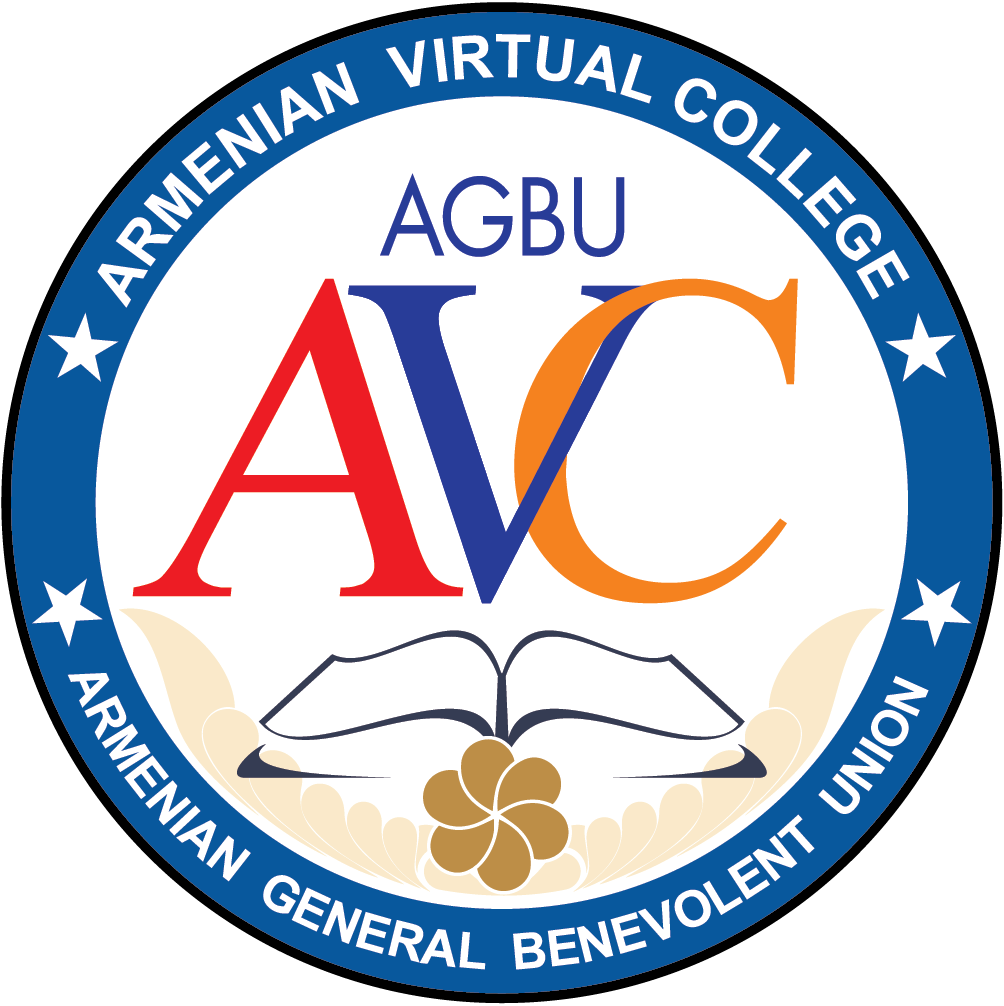Drop and Withdrawal Policy
The enrollment period for each AVC term is open for a limited time window. All interested individuals are to apply for enrollment for a single or multiple courses during the enrollment period.
Drop
Drop refers to cases when a student enrolled in more than one course, decides to drop one of them. Drop period is open in Week 0 and Week 1. All requests must be made to the Registrar at registrar@avc-agbu.org. All applications to drop made within the mentioned weeks but no later than the start of Week 2 will be met and 80% of paid tuition fee will be refunded.
Withdrawal
Withdrawal refers to cases when:
- a student enrolled in more than one course wants to quit her/his participation after the drop period has ended;
- a student enrolled in a single course wants to quit her/his participation in the program at any time during the academic term.
Tuition refunds will be considered according to the schedule below:
| Schedule | Refund |
|---|
| Within Week 0 and Week 1 | 80% refund of paid tuition fee |
| Within Week 2 | 50% refund of paid tuition fee |
| Within Week 3 | No refund |
Student Status Change
A student may decide to change her/his status from regular to auditor or visa-versa. Applications to change status must be made no later than prior to the start of Week 3. No tuition fee adjustments will be made for students who wish to change their status from regular to auditor. However, rate adjustments are applicable if a student wants to change her/his status from auditor to regular. All requests to change status must be made to the Registrar at registrar@avc-agbu.org:
Suspension
Suspension Armenian Virtual College classes are interactive classes that require e-learner participation. The online instructor of a class may suspend a student for the following reasons:
- failure to maintain required participation and complete assignments;
- failure to respect AVC policy on Academic Honesty.
Note: If an e-learner's inactivity is due to illness or other legitimate reason, notify the Online Instructor immediately to prevent the possibility of suspension.









